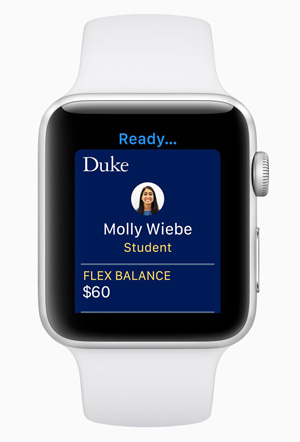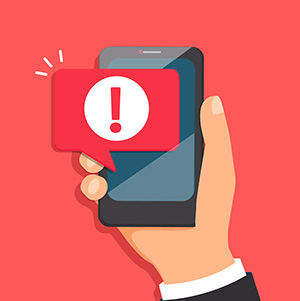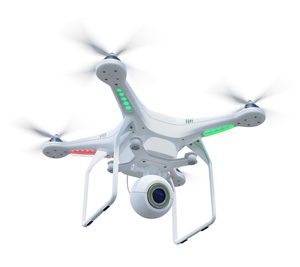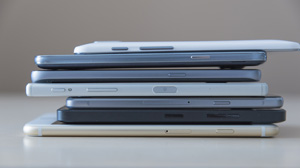
In a survey of 1,500 "past, present and prospective fully online students," most are taking advantage of — or want — the option to use smartphones or tablets for their class work. Among current and past students, 67 percent completed at least some of their online coursework on a mobile device. The research was conducted by Learning House and Aslanian Market Research.

Google is expediting access to details about college when somebody looks up a specific institution in the search engine. When a user enters a college name, he or she will receive the usual capsule description from Wikipedia, as well as a menu with quick links to information about admissions, cost, majors, outcomes and other aspects and other stats.

During this week's preview of the latest Apple Watch, Apple announced that watchOS 5 will include the ability to act as a student I.D. card, enabling users to gain access to dorms, meals in dining halls, gym activities and library services. According to the company, students will be able to "pay for snacks, laundry and dinners around campus" by adding their I.D. cards to Wallet on the Apple Watch.

Worldwide shipments of smartphones grew 1.3 percent, year over year, in the first quarter of 2018 following a decline in sales the previous quarter, according to a new report from Gartner.

New research from a team at Brigham Young University finds that people tend to tune out security warnings as they see them more often. Using a few variations can significantly increase users' adherence to the warnings, the study found.

Technologies such as typewriters, analog cameras and cassette tape players are fading from human awareness. A new report from YouGov, a consumer data firm, examined generational differences regarding technology and found that most Gen Zers — those born in this millennium — wouldn't know how to use a fax machine, rotary phone, floppy disk or beeper. For example, just 17 percent of young people said they were comfortable using a rotary phone; 15 percent said the same about fax machines; and just 7 percent said so about pagers.

Sony today introduced a 10-inch version of its Digital Paper device. The new model is "notebook-sized," compared to the original 13-inch "letter-sized" model.

Engineers at the Massachusetts Institute of Technology have created a virtual reality environment to train drones to fly fast around obstacles. Dubbed "Flight Goggles," the software causes drones to "see" virtual obstacles in space that is actually clear of physical objects — giving drones a way to fail during flight training without being involved in repeated, time-consuming accidents.

Smartphone shipments fell to 334.3 million in the first quarter of the year, down 2.9 percent compared to the same period last year, according to a new report from International Data Corp. Sales in China, where shipments dipped below 100 million for the first time since 2013, are largely behind the drop.

Tablet sales fell to 31.7 million in the first quarter of 2018, an 11.7 percent drop compared to the same period in 2017, according to a new report from International Data Corp. Detachable tablets were a bright spot in the category, showing a year-over-year improvement of 2.9 percent and a 15.3 percent market share. Sales of traditional tablets, on the other hand, were down more than the market overall, having fallen 13.9 percent below sales for 2017's first quarter.